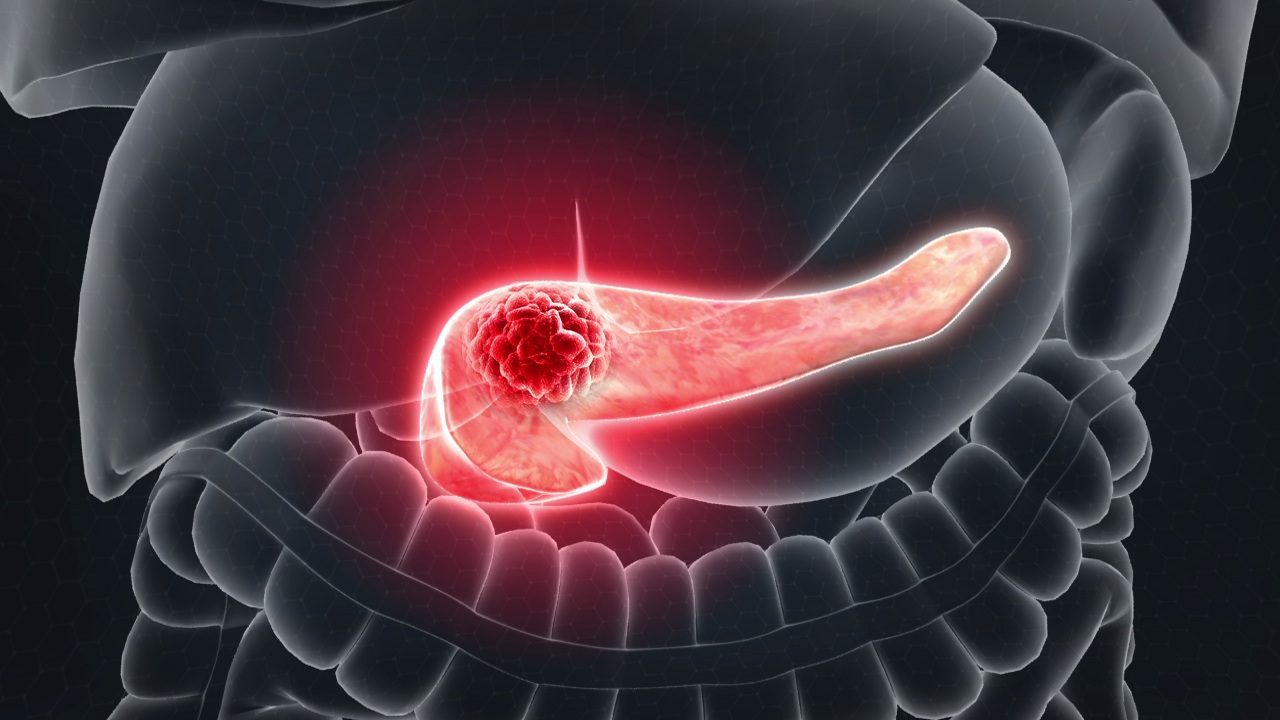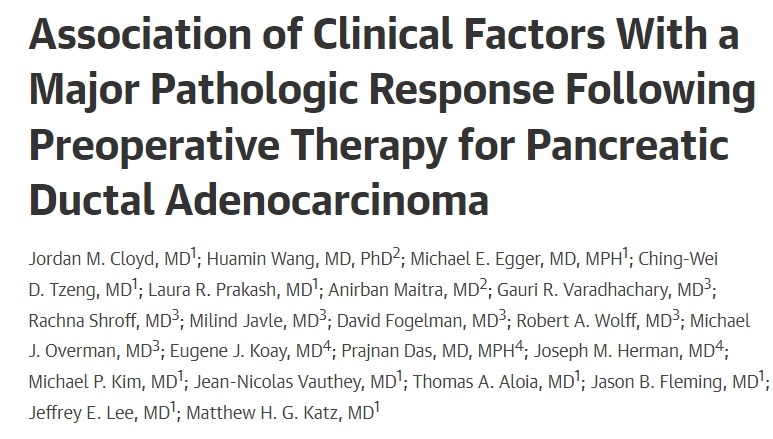
How does pathologic response following neoadjuvant chemotherapy affect survival/recurrence in PCAD
Anirban Maitra shared on X:
Authors: Domenico Tamburrino, Claudia Arcangeli, Federico De Stefano, Giulio Belfiori, Marina Macchini, Giulia Orsi, Marco Schiavo Lena, Stefano Partelli, Stefano Crippa, Claudio Doglioni, Michele Reni,

This study from Vita-Salute San Raffaele University reiterates what other groups have shown, including this MD Anderson Cancer Center paper:
Authors:

And The Ohio State University Wexner Medical Center study:
Authors: Aslam Ejaz, Chengli Shen, Mary Dillhoff, Terence M. Williams, Anne Noonan, Timothy M. Pawlik

Complete pathological response after neoadjuvant therapy in pancreatic cancer is uncommon (<5%) but remains an independent prognostic factor favoring long term survival.”
Source: Anirban Maitra/X
For more posts by Anirban Maitra visit oncodaily.com
Dr. Anirban Maitra serves as Professor of Pathology and Translational Molecular Pathology at UT MD Anderson Cancer Center since August 2013, and directs the Sheikh Ahmed Pancreatic Cancer Research Center. He leads an NCI-funded laboratory dedicated to pancreatic cancer research, focusing on genetics and molecular pathology in human and mouse models. His research aims to advance early detection and interception strategies to enhance patient survival rates in pancreatic cancer.
-
Challenging the Status Quo in Colorectal Cancer 2024
December 6-8, 2024
-
ESMO 2024 Congress
September 13-17, 2024
-
ASCO Annual Meeting
May 30 - June 4, 2024
-
Yvonne Award 2024
May 31, 2024
-
OncoThon 2024, Online
Feb. 15, 2024
-
Global Summit on War & Cancer 2023, Online
Dec. 14-16, 2023
